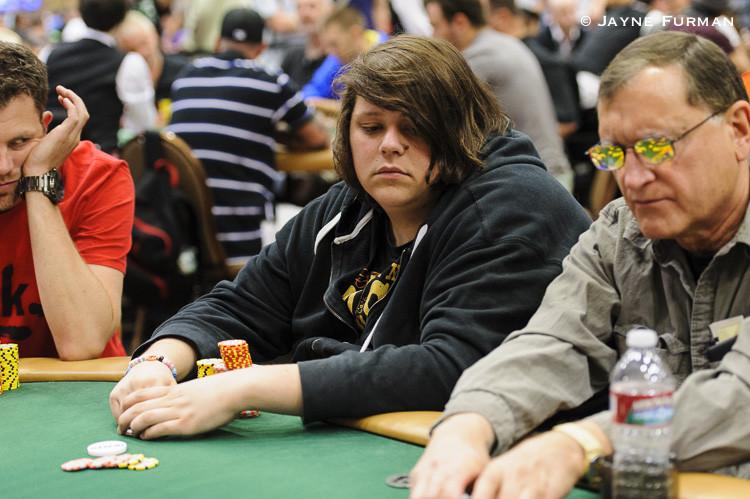Bluff Catcher Poker
- Bluff Catcher Poker Play
- Bluff Catcher Poker Tournaments
- Bluff Catcher Poker Club
- Bluff Catcher Poker Tournaments
Mar 29, 2015 This week’s installment of 'Talking Poker' defines and discusses the 'bluff catcher' - that is, a weak hand that can only win by calling a bluff. Live Events 2 2020 WSOP Main Event partypoker.
When you’ve played poker for years, it’s easy to forget that technical poker speak may as well be a different language. Many players just picked up a deck of cards for the first time and are wondering what the hell a reverse implied range merge against a large stack to pot ratio is.
- Bluff catcher This section refers to the aftermath of a poker hand where one player has bluffed, and the other player called and caught them bluffing. Having reached showdown, there’s always things that you can learn after the hand and adjust for future gameplay.
- Since it is a better bluff-catcher than my other AT combinations, I want to call with it over the others whenever possible. Thus, I should call 100% of the time that I have A spade T and use a random number generator to call 5% of the time that I have any other AT combination, so that I am still catching bluffs 30% of the time but paying off.
- What matters then in the distribution of this bluff-catching range is the card removal effects of the two cards you hold. Because of this, sometimes a one-pair hand could actually be a better bluff.
Maybe you are new to poker as well and want to start analyzing the game at a deeper level, but the lingo and foreign concepts get in the way. To help, _Card Player_ brings you this brand new series, Explain Poker Like I’m Five.

Every issue, we’ll take on a new term or idea, perhaps one you might come across elsewhere in this very magazine, and we’ll break it down to its simplest components.
The Concept: Bluff Catcher
Bluff Catcher Poker Play

What Is It?
A hand with marginal strength that is not good enough to bet or raise with, but strong enough to go to showdown against an opponent’s bluffs.
Okay, Now Explain It Like I’m Five
Bluff catchers are also known as value calls. When you make a medium-strength hand that cannot be bet for value, it is often the best play to turn your hand into a bluff catcher. You let your opponent bet and call, hoping your opponent was bluffing. The strength of a bluff catcher can vary depending on your opponent’s betting range.
Give Me An Example (Or Two)

Bluff Catcher Poker Tournaments
You are playing in a $2-$5 no-limit hold’em cash game and the cutoff raises to $20. You call from the big blind with K Q and the flop comes down A K 6. You check and your opponent makes a continuation bet of $30.
You call with second pair and the turn is the 5. You check again and your opponent checks behind. The river is the 5, and you miss your flush draw. This might be a good opportunity to turn your hand into a bluff catcher.
Your opponent checked behind on the turn, so it’s possible that your pair of kings is the best hand, however, if you bet, he will likely fold all lower pairs and all of his missed draws. So instead, you check. Your opponent might bet a better hand, like a pair of aces. Or your opponent might check behind with their lower pairs and missed draws.
Bluff Catcher Poker Club
Or, your opponent might take your check as a sign of weakness and bluff. If your opponent does bluff, you can call with your bluff catcher and take down the pot.
When deciding whether or not to try a bluff catcher, you must consider your opponent. If your opponent is passive or tight, you should lean towards folding. If your opponent is especially aggressive or loose, then you should lean towards calling. The amount your opponent bets should also be considered when deciding to call with a bluff catcher. ♠